Βρέθηκαν 723 αποτελέσματα
Skip results of view Νέα

On Friday 16 September, the first webinar for data providers ‘Data.europa.eu – The official portal for European data’ took place. During this webinar, we focused on data.europa.eu as the single point of access to European open data, with over 1.4 million datasets from EU institutions, European countries and other international organisations. We defined open data as ‘any data that is made available with an open licence’ or, following the definition of the Open Knowledge Foundation , ‘data that can be freely used, re-used and distributed by anyone’. To ensure open data is consumable, the FAIR
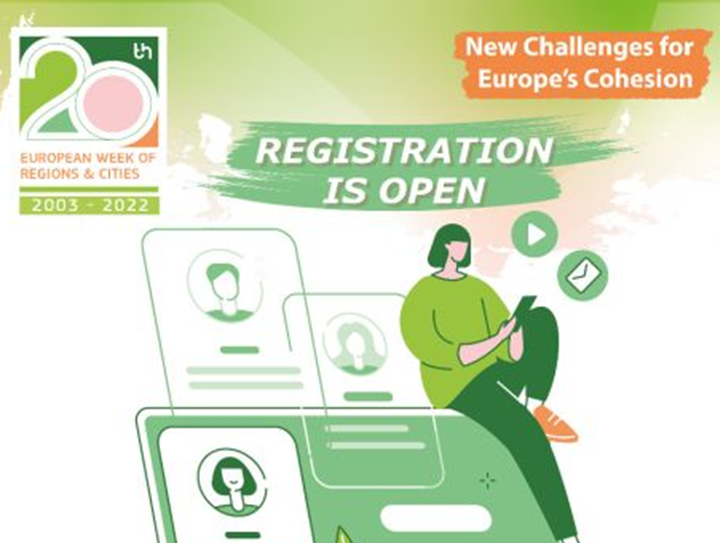
The European Week of Regions and Cities is the biggest annual four-day event organised by the European Commission to showcase cities´ and regions´ capacity to create growth and jobs, implement European Union´s cohesion policy, and prove the importance of the local and regional level for good European governance. It has grown to become a unique communication and networking platform, bringing together regions and cities all over Europe, including politicians, administrators, experts, and academia. This year, the 20 th edition of the European Week of Regions and Cities will take place from 10 to
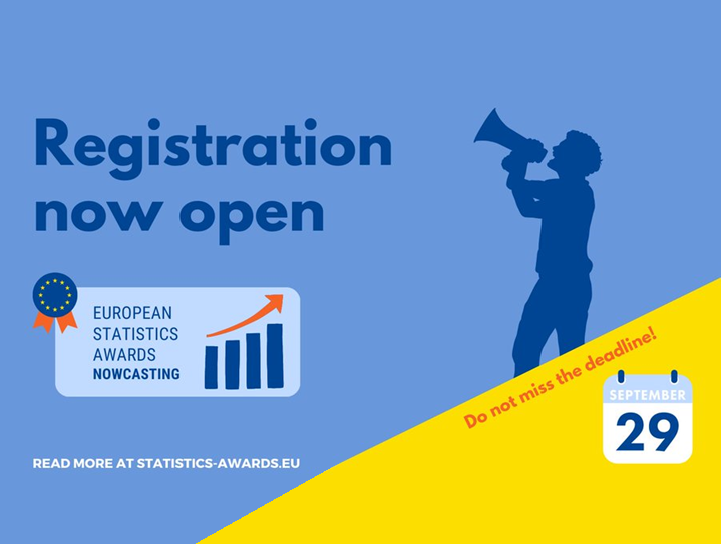
To further engage with the innovation community at large and to encourage the creation of solutions for statistical production, Eurostat is launching the European Statistics Awards Programme . The first round of this programme, which offers competitions in the fields of nowcasting and web intelligence, has just been opened. Until the 29 September 2022, teams of researchers, developers, and methodologists can sign up and have the chance to win up to 8 000 EUR in prizes (per time series) for their nowcasts. Teams may sign up to try their skills for one or more of the following three-monthly time

‘The teams behind the apps’ is a series of videos made by the EU Datathon finalists. Get to know this year’s teams and their apps over 12 episodes, twice per week, in the run-up to the competition finals. On 20 October 2022, the teams will pitch their apps to the jury, who will select the winners. The audience will also have a chance to support their favourite team in the Public Choice Award vote. Register now to follow the finals online! 100 Europeans is an interactive app aiming to raise awareness and spark discussion around the big challenges of our time. How? By breaking them down into
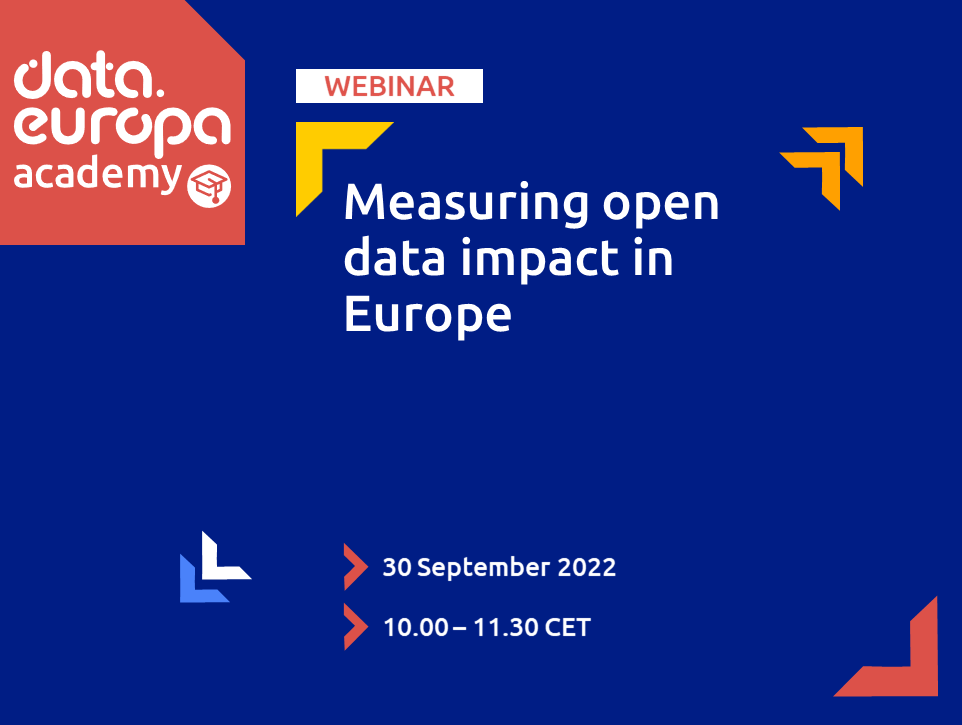
Assessing the impact of open data is a challenge. Many initiatives exist, both on a national and international level, but they all have their strengths and weaknesses. To learn more about these approaches and to discuss with us how to better measure open data in Europe, join our webinar ‘ Measuring open data impact in Europe ’ on Friday, 30 September at 10.00 – 11.30 CET. The webinar will start with a short introduction on existing methods at European level. This will be followed by two presentations by Joanna Malczewska (Counselor, Data Management Department, Chancellery of the Prime Minister

‘The teams behind the apps’ is a series of videos made by the EU Datathon finalists. Get to know this year’s teams and their apps over 12 episodes, twice per week, in the run-up to the competition finals. On 20 October 2022, the teams will pitch their apps to the jury, who will select the winners. The audience will also have a chance to support their favourite team in the Public Choice Award vote. Register now to follow the finals online! The Lobium/Gavagai team is working on a tool to support investigative journalism, transparency and democracy. Their app will make it easier for journalists
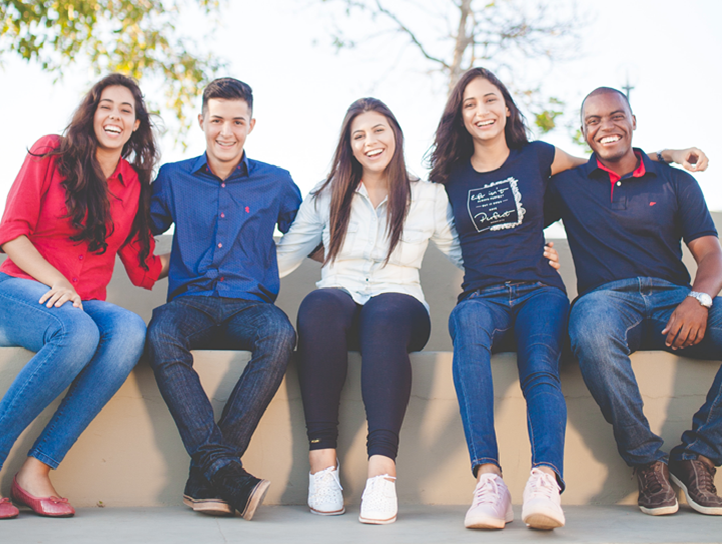
The EU declared 2022 the ´European Year of Youth` as a recognition of the sacrifices that the younger generations have made during the COVID-19 pandemic. The European Year of Youth entails a range of activities for and with young people. To best prepare for these activities and better understand the expectations of the younger audience, the European Commission commissioned a Flash Eurobarometer on ´ Youth and Democracy in the European Year of Youth `, which was published in May 2022. The Eurobarometer shows that young people between 15 and 30 years old consider voting in local, national and/or

On 1 August 2022, the European Commission’s Directorate-General for Research and Innovation published a study titled ‘ Study on the Open Data Directive, Data Governance and Data Act and their possible impact on research ’. In the study, the authors focused on the possible impact that three major legislative instruments in the European Strategy for data ( the Open Data Directive , the Data Governance Act , and the proposed Data Act ) may have in the field of research, especially regarding research performing organisations and research funding institutions. The study recognises that the impact
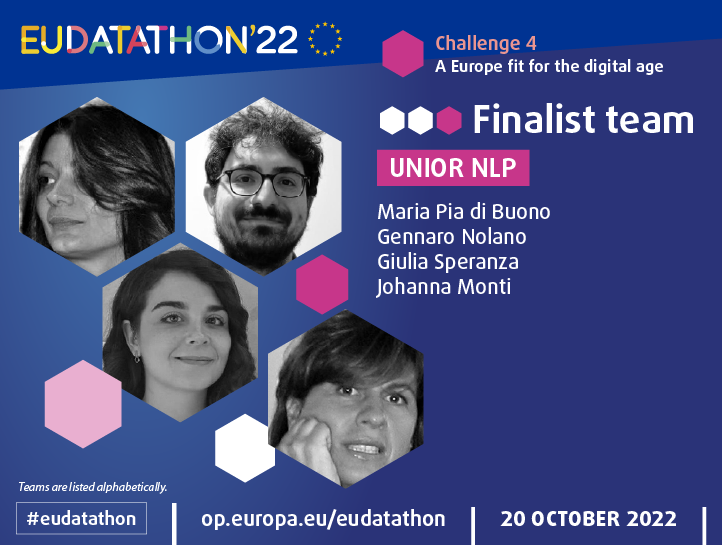
‘The teams behind the apps’ is a series of videos made by the EU Datathon finalists. Get to know this year’s teams and their apps over 12 episodes, twice per week, in the run-up to the competition finals. On 20 October, the teams will pitch their apps to the jury that will select the winners. The audience will also have a chance to support their favourite team in the Public Choice Award vote. Register now to follow the finals online! Europe’s cultural heritage is rich and diverse. How to explore it best? Leveraging natural language processing techniques and the European data collection, the
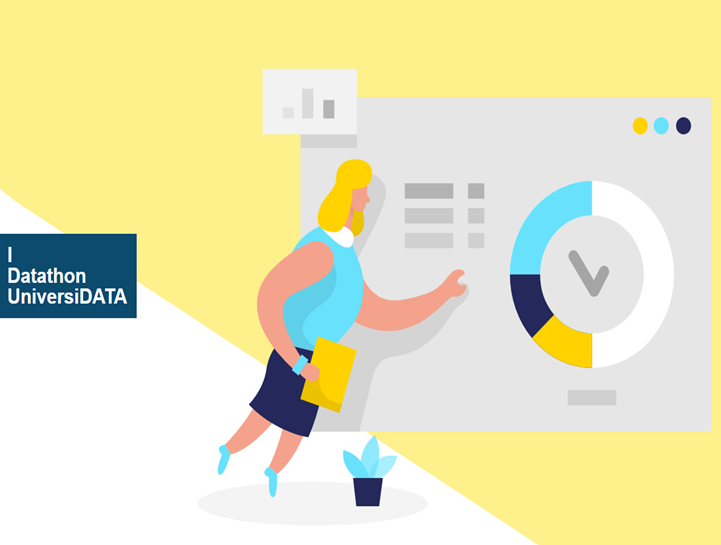
Are you interested in data analysis? UniversiDATA – an open data portal on higher education in Spain - is launching their first datathon ! The aim of the datathon is to provide participants with a space to showcase projects that process open data to create services, promote and encourage the re-use of the shared projects, and facilitate the sharing of knowledge and experience. The datathon is open to everyone above 18 with tax residence in the European Union, such as students, developers, researchers, or citizens interested in (open) data analysis. The datathon is divided in two phases
